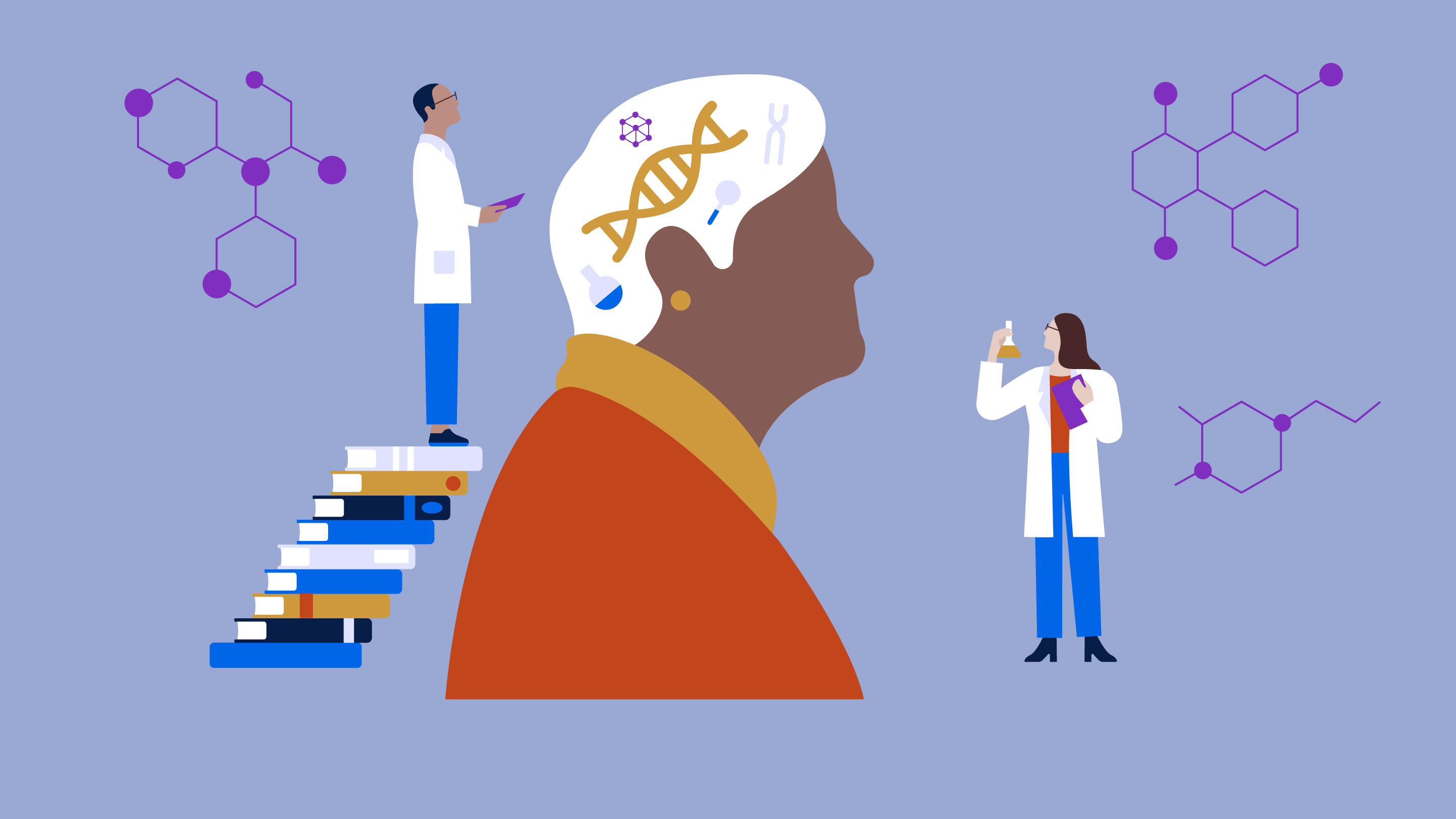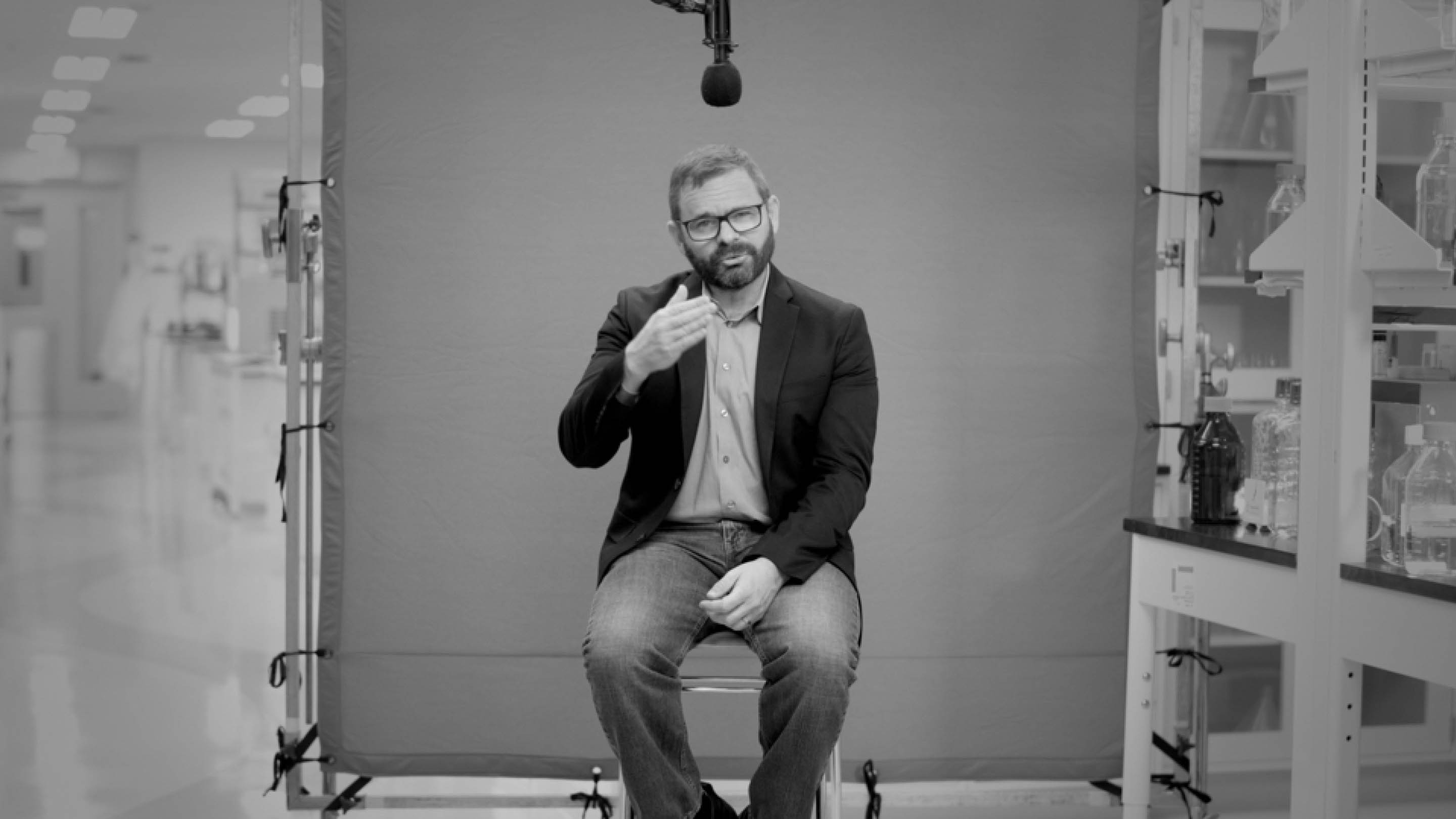Oncology
Our scientists and oncologists strive to give patients improved treatment outcomes and a life beyond cancer by developing therapies that elevate the standards of care.
Building on expertise to tackle the toughest cancers
Our scientific research has led to critical discoveries in the treatment of blood cancer. Now we’re expanding our knowledge to help treat solid tumors, which represent more than 90% of cancers that affect people.
We leverage our deep understanding of human biology and cutting-edge research technologies to find new ways to improve the lives of people with cancer.
Research interests
We focus on creating targeted medicines that either impede the reproduction of cancer cells or enable their death. We achieve this through immuno-oncology approaches, tumor antigen targeting, and taking advantage of specific tumor dependencies. Our research interests include:
- Identifying and targeting mechanisms that allow tumor cells to proliferate and survive, including under-explored forms of regulated cell death, such as necroptosis and ferroptosis
- Investigating how to re-energize T cells so that they can retain their fitness and continue to destroy tumor cells
- Advancing the use of Antibody Drug Conjugates (ADCs) to target and deliver potent toxins and targeted agents directly to cancer cells
- Creating new technologies to improve the efficacy of bispecific biologics in treating both solid tumors and blood cancers, enabling the development of therapies with highly targeted potential
- Innovating in the field of targeted protein degradation by designing protein degraders that bind to a protein of interest and trigger its proteasomal degradation
- Developing CAR-T cell therapies that attack cancers with healthy donor immune cells engineered to target and kill tumor cells while being resistant to host immune system rejection
Oncology focus areas
We are focusing on finding answers that transform the way cancer is treated. We want to find better, longer-lasting results across blood cancers and solid tumors. Our culture of curiosity drives us to uncover new solutions.
Blood cancers
Blood cancer is a disease that impacts blood forming tissues (such as bones marrow) and inhibits the body's ability to fight off infection. Leukemia, lymphoma, and myeloma are the most common forms of blood cancer that are seen in patients.
Solid tumors
Common solid tumor types include sarcomas and carcinomas. Oftentimes, these are treated with surgery. We are working to create new treatments for these diseases that can develop anywhere, including the bones, muscles, and organs.





